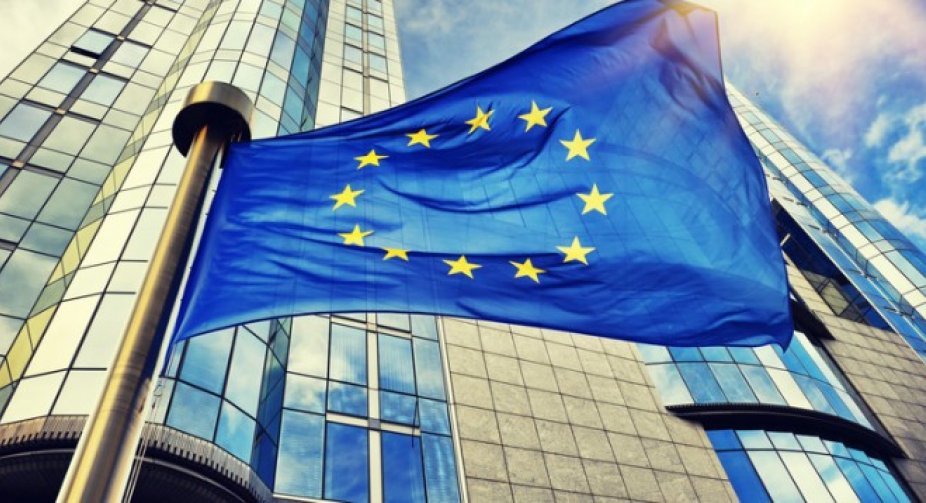The European Commission proposed to add the violation of EU restrictive measures to the list of crimes on the territory of the bloc. This is stated in a communiqué of the European Commission.
The Commission also proposes new strengthened rules for asset recovery and confiscation, which would also facilitate the implementation of EU restrictive measures.
"Today's proposals aim to ensure that the assets of individuals and entities violating restrictive measures can be effectively confiscated in the future. The proposals come in the context of the 'Freeze and Confiscate' Task Force created by the Commission in March," the statement said.
The Commission is proposing to add restrictive measures violations to the EU's list of crimes. This would establish a common baseline standard for criminal offenses and penalties in the EU. Such common EU rules would make it easier to investigate, prosecute and punish violations of restrictive measures in all member states.
Potential criminal offenses could include: engaging in conduct aimed at directly or indirectly circumventing restrictive measures, including by withholding assets; failing to freeze funds owned, held or controlled by a designated person/organization; or trading, such as importing or exporting goods that are subject to trade bans.
Once EU member states agree to the Commission's initiative to expand the EU list of offenses, the Commission will submit a legislative proposal.
The Commission is also putting forward a proposal for an Asset Recovery and Forfeiture Directive. The main purpose is to deprive criminals of their ill-gotten gains and limit their ability to commit new crimes.
The proposed rules would also apply to sanctions violations, ensuring the effective tracing, freezing, management and confiscation of proceeds derived from violations of restrictive measures.
Expanded asset recovery office powers are proposed to quickly track and identify the assets of individuals and entities subject to EU restrictive measures. These powers would be extended to criminal assets, in particular by emergency freezing of assets when there is a risk of disappearance of assets.
There are also plans to set up asset management offices in all EU member states to ensure that frozen assets do not depreciate, allowing frozen assets that could easily depreciate or are costly to maintain to be sold.






